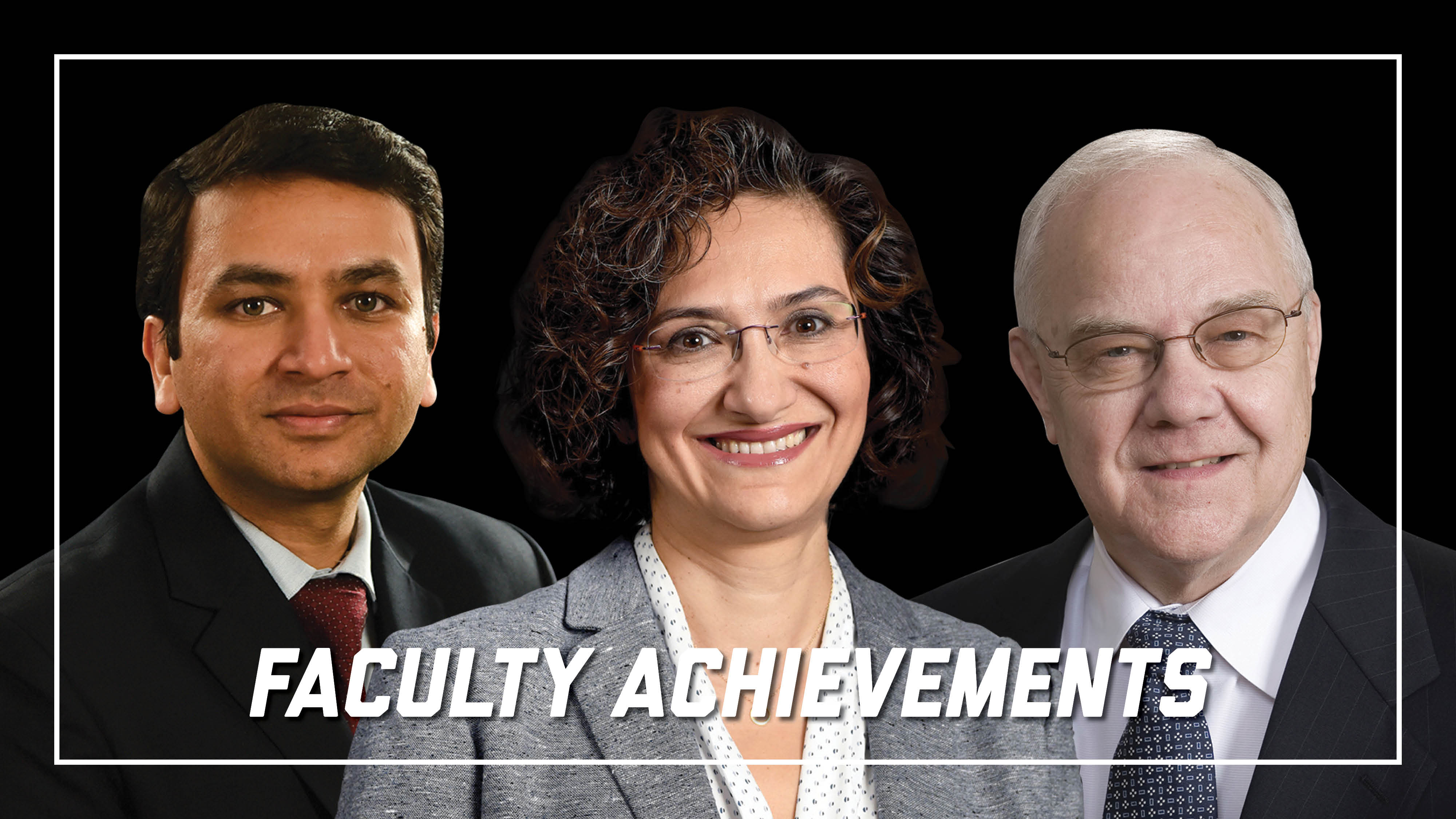
Dr. Esma Gel, Cynthia Hardin Milligan Chair of Business and Professor of Supply Chain Management and Analytics co-authored on the publication, Public Health Impact of Delaying Second Dose of BNT162b2 or mRNA-1273 covid-19 Vaccine: Simulation agent based modeling study. This paper studied the impact of delaying the second dose of the COVID-19 vaccines on hospitalizations and deaths using large scale agent-based simulation models. Within this project, Dr. Gel designed the simulation study and identified worthwhile research questions to answer using that large-scaled agent-based simulation, made possible by the computational efficiencies that the MIT team developed. Dr. Gel contributed more than 20% to this paper given the role she played in modeling and analyses. This paper was fast-paced, about three months from start to the acceptance of the paper, and was published in the British Medical Journal, one of the most revered journals in medical science and directly influenced vaccine deployment in the UK, Canada, and Denmark, among others.
Dr. Gupta and his colleagues proposed a mechanism/algorithm that can facilitate truthful reporting from managers and the allocation of money to projects that deliver the best total during projects’ execution. This was based in the concept that firms will regularly invest in innovation by supporting internal capital projects both funded and executed in-house. This often leads to divisional managers requesting less money for the initial project proposal, and subsequently requesting more funds if the project is approved during the execution phase.
The book, “TOPSIS and Its Extensions: A Distance-Based MCDM Approach”, authored by James and H.K. Stuart Chancellor’s Distinguished Chair and Professor of Supply Chain Management and Analytics, Dr. David Olson, investigates TOPSIS (the Technique for Order Preference by Similarity to Ideal Solution), which is a prominent distance-based MCDM (multi-criteria decision making) method as well as its variations and possible extensions. This book features examples pulled from published literature and seeks to give a thorough and rigorous analysis of methods and a demonstration of practical examples.
The book, “Healthcare Analytics” was co-authored by two SCMA professors, Dr. Ozgur Araz and Dr. David Olson and discusses healthcare decisions. These decisions include selection of patient treatment, design of facility capacity, utilization of resources, personnel management, analysis of hospital stay, annual disease progression, comorbidity patterns, patient survival rates, disease specific analysis and overbooking analysis. This book gives a discussion of issues within healthcare, discusses knowledge management, and finally, hones in on analytic tools useful in healthcare management.
Wesley Boyce, an assistant professor of practice within the department and the program director of master of science, presented at the Online Learning Consortium Innovate Conference in Nashville with his co-presenter, Brian Verdine. The talk centered on learning communities and self-determination theory, a theory focused on autonomy, competence, and relatedness, can be applied to make them more effective.
Ozgur Araz, Ron and Carol Cope professor of supply chain management and analytics and S. Sajeesh, an associate professor of marketing, collaborated to publish research on food-producing firms should respond and adapt to the evolving consumer trends and policies. Their research was published in April of 2022 in Production and Operations Management.